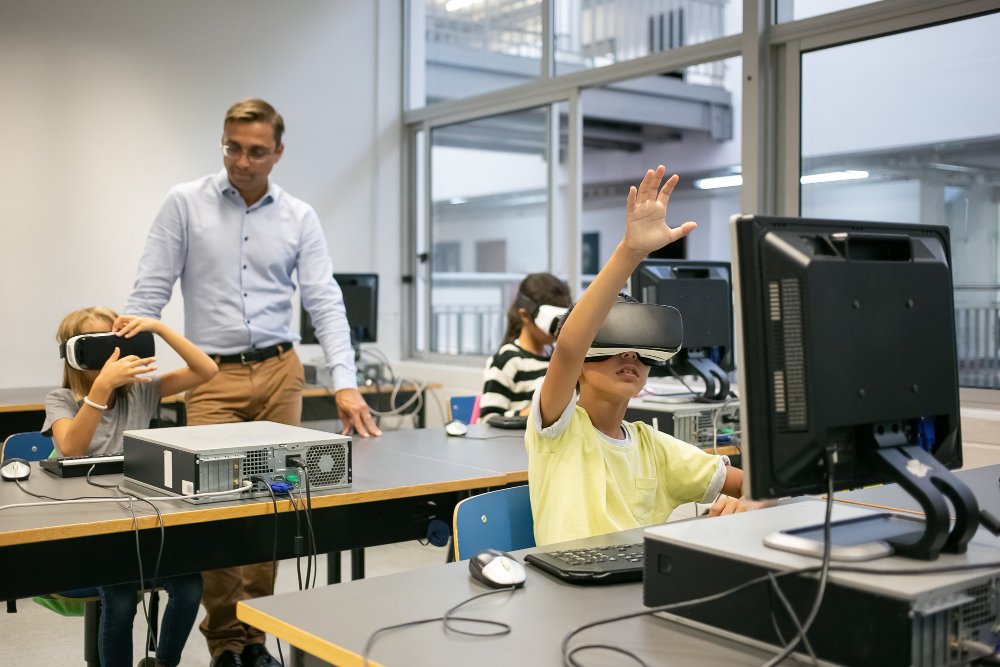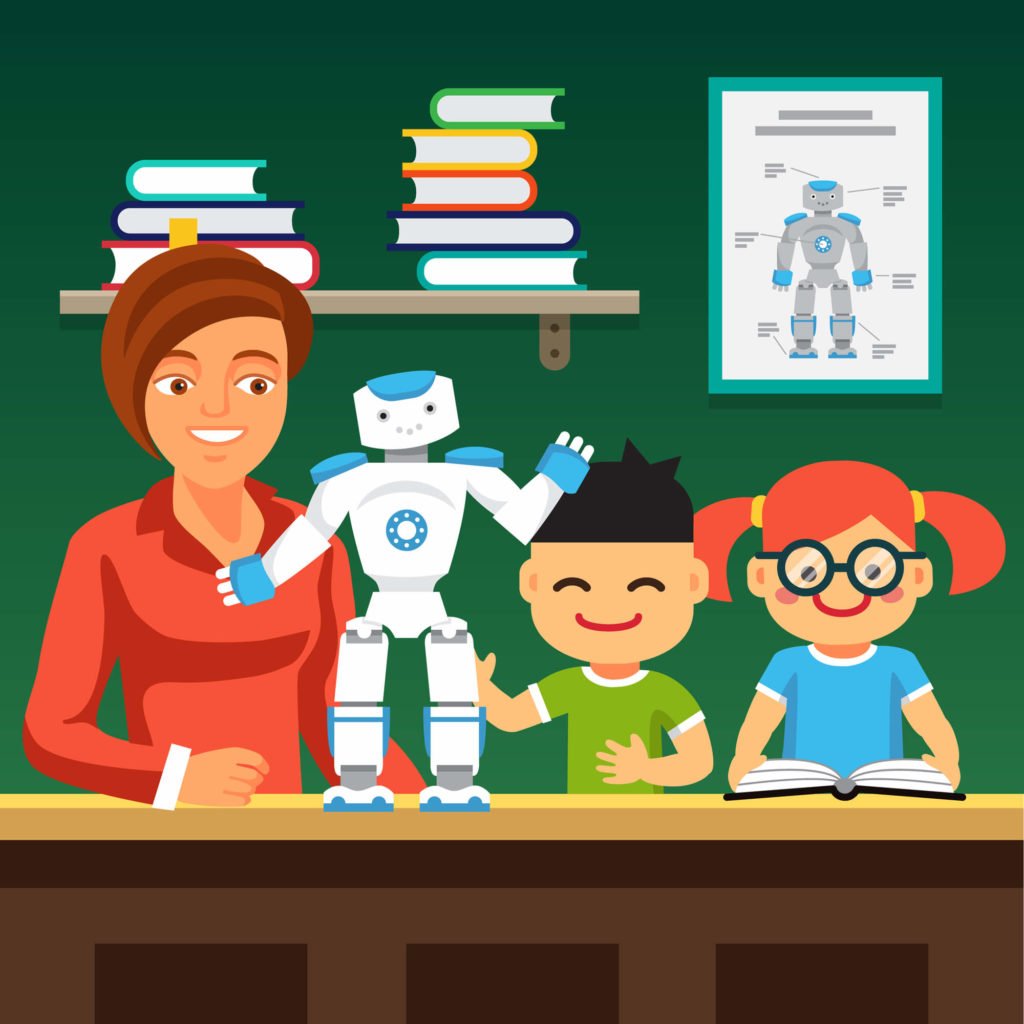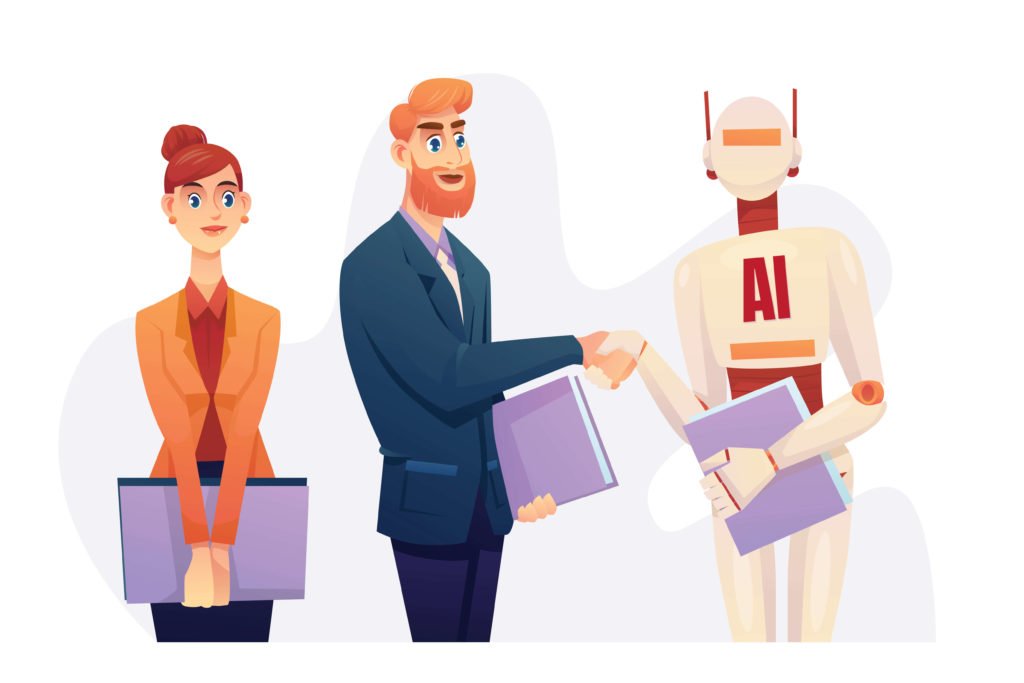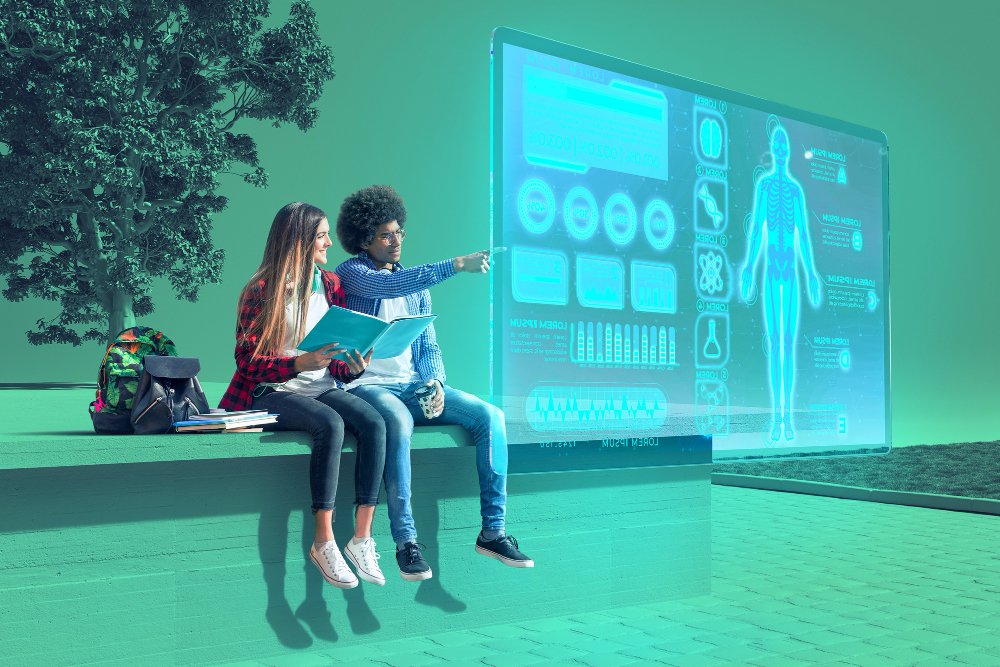The question of whether AI could replace teachers is a topic of growing interest and debate in the field of education. As artificial intelligence (AI) technology continues to advance, there are discussions about its potential impact on the teaching profession. This raises important considerations about the role of teachers in education, the capabilities of AI, and the implications of relying solely on AI in educational settings.
Education is a complex and multifaceted process that involves more than just the transmission of information. Teachers play crucial roles in providing guidance, mentorship, personalized instruction, and fostering human connection. Exploring the potential for AI to replace teachers has implications for the quality of education, the relationships between students and educators, and the future of the teaching profession.

Current Role of Teachers vs AI
| Aspect | Traditional Teachers | AI Teaching |
|---|---|---|
| Content Delivery | Provide personalized and interactive lessons based on individual student needs. | Deliver pre-programmed content and exercises to a large audience efficiently. |
| Adaptability | Adapt teaching methods to diverse learning styles and address individual challenges. | Can be programmed to adapt to specific learning styles but lacks the human touch in understanding nuanced student needs. |
| Emotional Connection | Build emotional connections, mentorship, and understanding with students. | Lacks the ability to form genuine emotional connections and understand the emotional context of students. |
| Critical Thinking | Foster critical thinking skills through discussions, debates, and open-ended questions. | Primarily focused on providing answers based on pre-programmed algorithms, limited in promoting critical thinking. |
| Creativity | Encourage creativity through various teaching methods and engaging activities. | Can generate creative content based on algorithms but lacks the ability to truly understand and appreciate creativity. |
| Feedback | Provide real-time feedback, guidance, and encouragement to students. | Can offer instant feedback on correct or incorrect answers but lacks the depth of personalized feedback that a human teacher can provide. |
| Problem-Solving | Guide students in developing problem-solving skills through real-life scenarios. | Can present problem-solving exercises but may struggle with the dynamic and complex nature of real-world problem-solving. |
| Moral and Ethical Education | Instill moral and ethical values through discussions, examples, and real-life stories. | Lacks the understanding of moral and ethical nuances and cannot provide real-life context to ethical dilemmas. |
| Individualized Support | Offer individualized support and guidance based on the unique needs of each student. | Struggles to provide truly individualized support and may not understand the specific challenges faced by each student. |
While AI plays a valuable role in education, it’s clear that the unique qualities of human teachers, such as emotional connection, adaptability, and individualized support, are irreplaceable.
Advancements of AI and Technology in Teaching

In the ever-evolving landscape of technology, teachers have skillfully harnessed their wisdom, discernment, and expertise to build meaningful connections with students while redefining curriculum and pedagogical approaches. The most successful instances of technology integration have emerged when academic leaders and faculty focused on a carefully selected array of technological resources, adhering to the principle that “less is more.“
For instance, certain educational institutions have shifted from allowing individual teachers to select their preferred Learning Management System (LMS). Instead, there is a growing trend toward adopting a unified LMS for the entire school or division. This transition not only fosters increased collaboration among teachers but also affords them the mental space to concentrate on refining the content of their course materials.
AI Capabilities And Potential Applications In Education
AI technology encompasses various techniques like machine learning, natural language processing, and data analytics. In education, AI can automate administrative tasks, offer personalized learning experiences, provide intelligent tutoring, and assist in data analysis to inform instructional decision-making.
Examples of AI Tools And Systems Used In Educational Settings
AI-powered tools and platforms like intelligent tutoring systems, adaptive learning software, and chatbots have been introduced in classrooms. These tools aim to enhance learning experiences, provide immediate feedback, and support personalized instruction.
Benefits of AI in Education for Teachers

Increased Access To Personalized Learning Experiences
AI can analyze individual learner data to tailor instruction to students’ specific needs, pacing, and learning preferences. This enables personalized learning experiences that can cater to a wide range of students, promoting self-directed and meaningful learning.
Efficient Administrative Tasks And Data Analysis
AI can automate administrative tasks such as grading, record-keeping, and scheduling, allowing teachers to allocate more time to instruction and individual student support. Additionally, AI can analyze large volumes of data to identify patterns, inform instructional strategies, and improve learning outcomes.
Adaptive And Interactive Learning Experiences
AI-powered tools can adapt to students’ progress, providing targeted interventions and additional support when needed. These tools can offer interactive and engaging learning experiences, incorporating multimedia, simulations, and gamification to enhance student engagement and understanding.
Overcoming Resource Limitations
AI can help address resource constraints by providing access to quality educational materials, regardless of geographical location or financial constraints. It can offer virtual tutoring, language translation, or access to digital libraries, thereby expanding educational opportunities for diverse populations.
Limitations and Challenges of AI in Education
Lack of Human Qualities And Emotional Intelligence
AI lacks the human qualities of empathy, intuition, and emotional intelligence that are crucial in building meaningful relationships and understanding the nuances of human interactions. These qualities are central to effective teaching and personalized support.
Ethical Considerations And Privacy Concerns
AI in education raises ethical considerations related to data privacy, security, and algorithmic bias. Safeguarding student data and ensuring transparency in AI algorithms is vital to protect student privacy rights and maintain fairness in educational experiences.
Potential For Widening Educational Inequalities
Overreliance on AI tools may exacerbate existing educational inequalities. Access to technology, reliable internet connectivity, and digital literacy skills may vary among students and schools. This disparity could lead to further marginalization of already disadvantaged groups.
The Need For Human Guidance And Mentorship
Human teachers provide mentorship, guidance, and social-emotional support that cannot be replicated by AI. They understand the nuances of student learning, provide motivation, and create a supportive classroom environment that fosters social skills and character development.
Hybrid Approach: AI and Teachers Collaborating

Synergistic Relationship Between Ai And Human Educators
Rather than viewing AI as a replacement, a collaborative approach recognizes the potential synergy between AI and teachers. AI can augment teachers’ capabilities, providing them with tools and insights to enhance instruction, personalize learning, and manage administrative tasks more efficiently.
Enhancing Teaching And Learning With AI As A Tool
Teachers can leverage AI tools as instructional aids, using them to deliver content, provide personalized feedback, or support individualized learning paths. AI can assist teachers in analyzing data, identifying student needs, and tailoring instruction accordingly, while teachers focus on providing mentorship and deeper learning experiences.
Examples Of Successful Ai-teacher Collaboration Models
Several educational settings have embraced AI as a supportive tool alongside human teachers. These models involve teachers guiding students’ interactions with AI tools, interpreting AI-generated data, and utilizing it to inform instructional decision-making. This collaboration ensures that human expertise, intuition, and empathy remain central to the learning process.
The Future of AI and Teachers

Speculation On Potential Changes In The Teaching Profession
The integration of AI in education may lead to shifts in the teaching profession. Teachers may need to adapt their roles, acquire new skills related to AI integration, data analysis, and digital literacy. They may also focus more on fostering critical thinking, creativity, and social-emotional skills that AI cannot replicate.
Importance Of Adaptability And Continuous Professional Development For Educators
As AI evolves and becomes more prevalent in educational settings, teachers must embrace lifelong learning and adaptability. Professional development programs can equip educators with the necessary skills to effectively utilize AI tools, navigate ethical considerations, and enhance their instructional practices.
Collaboration And Coexistence As The Way Forward
The future of education lies in a collaborative and coexistent relationship between AI and teachers. While AI can offer benefits such as personalized instruction and efficient administrative support, human teachers bring essential qualities, such as empathy, creativity, and critical thinking. By embracing a synergistic approach, we can leverage the strengths of both AI and human educators to provide high-quality education.
Conclusion: AI Won’t Replace Teachers
The discussion on whether AI could replace teachers highlights the complexities and nuances of education. While AI has the potential to enhance teaching and learning experiences, it cannot fully replace the multifaceted roles that teachers play. AI can serve as a powerful tool to support teachers in providing personalized instruction, managing administrative tasks, and improving learning outcomes. It can amplify teachers’ effectiveness and efficiency, allowing them to focus on human connection, mentorship, and fostering critical thinking skills.
The role of human teachers remains indispensable in education. Their expertise, empathy, and ability to establish meaningful relationships with students contribute to holistic development and the cultivation of well-rounded individuals. While AI can enhance certain aspects of education, the expertise and human qualities of teachers will continue to be vital in creating engaging and impactful learning experiences.